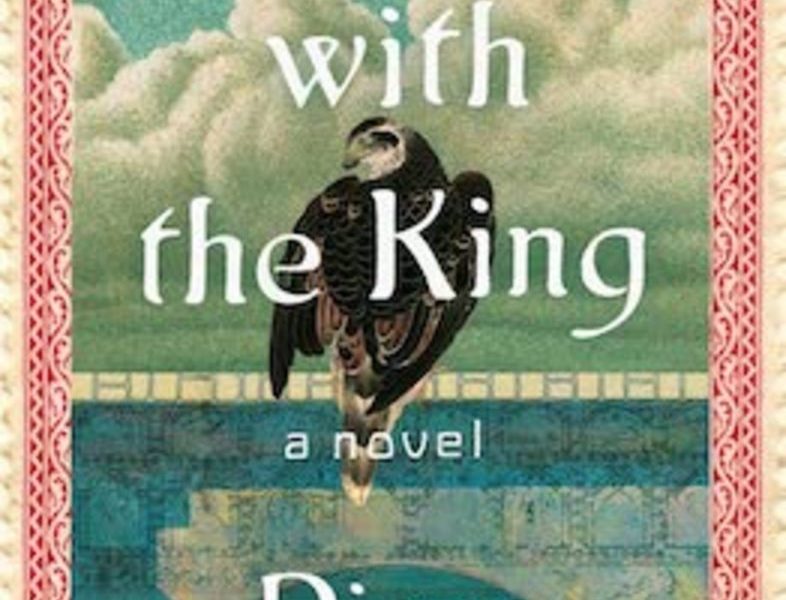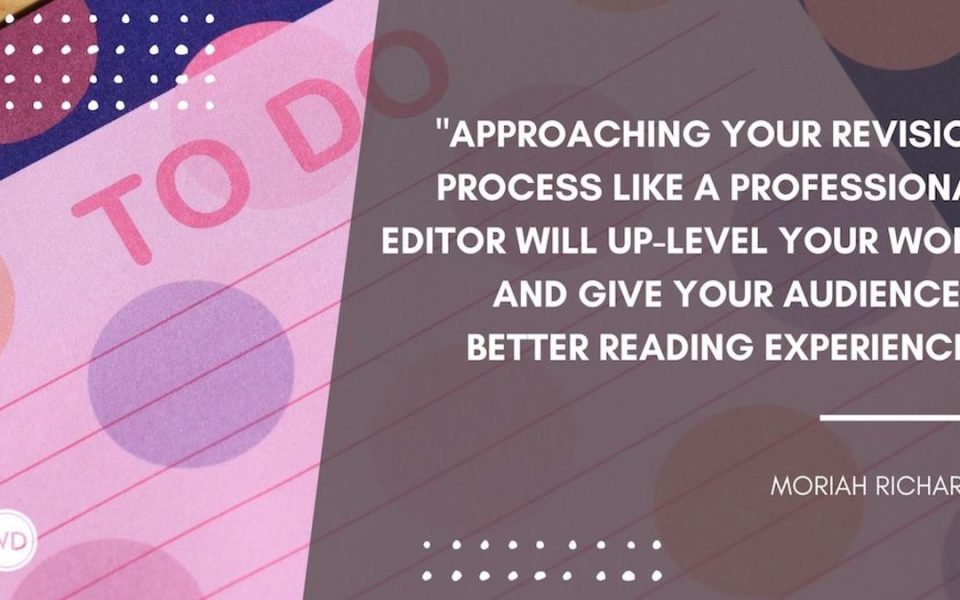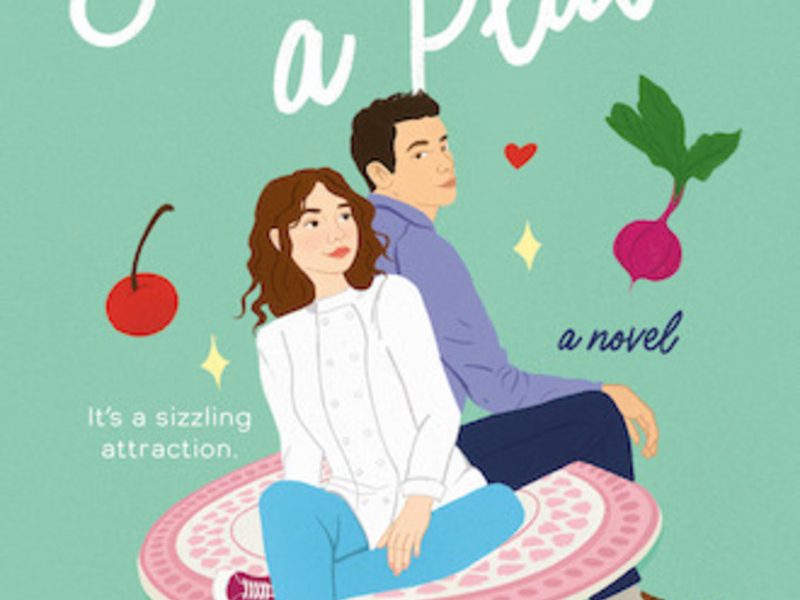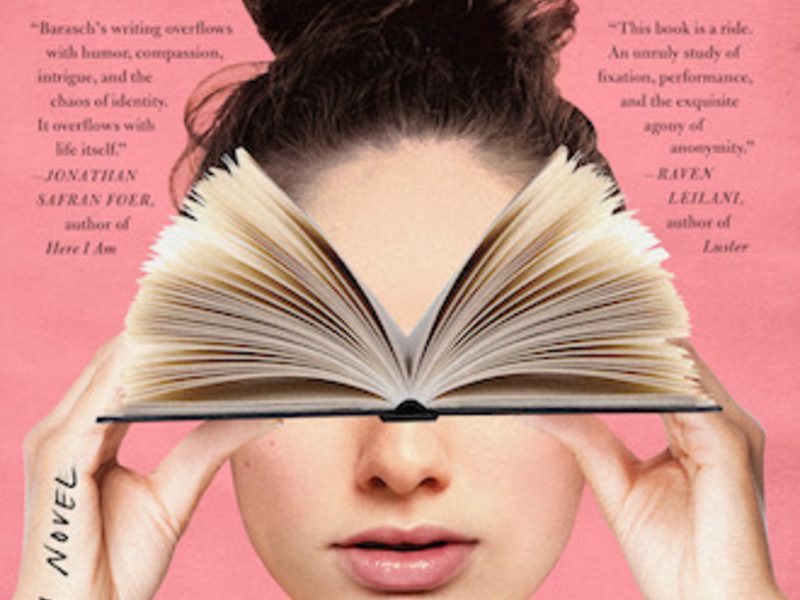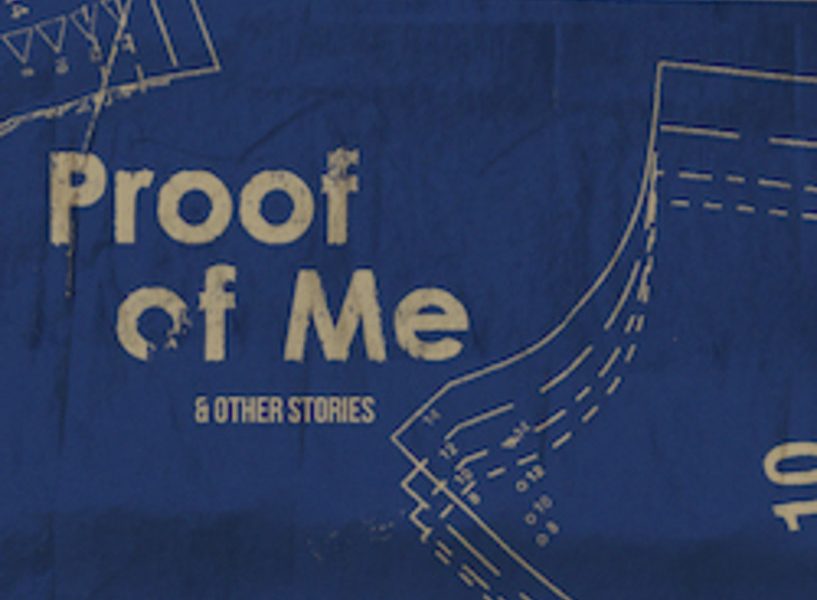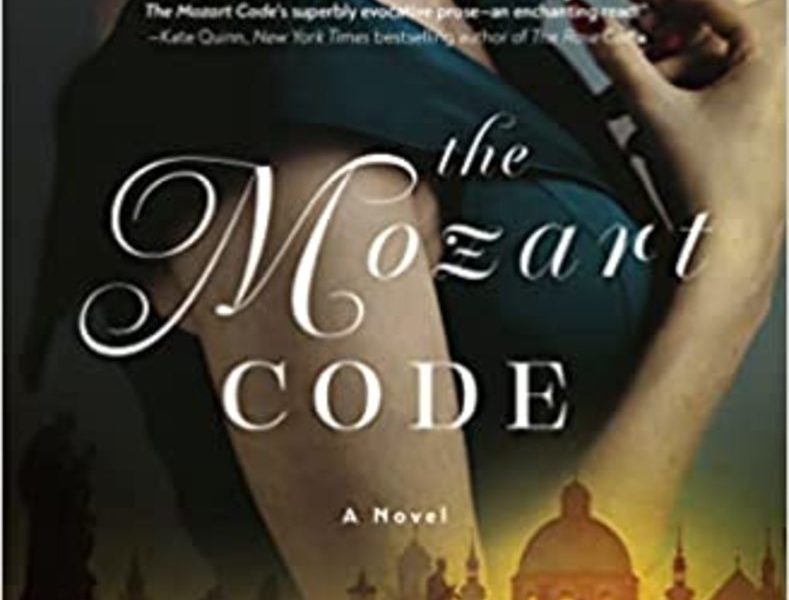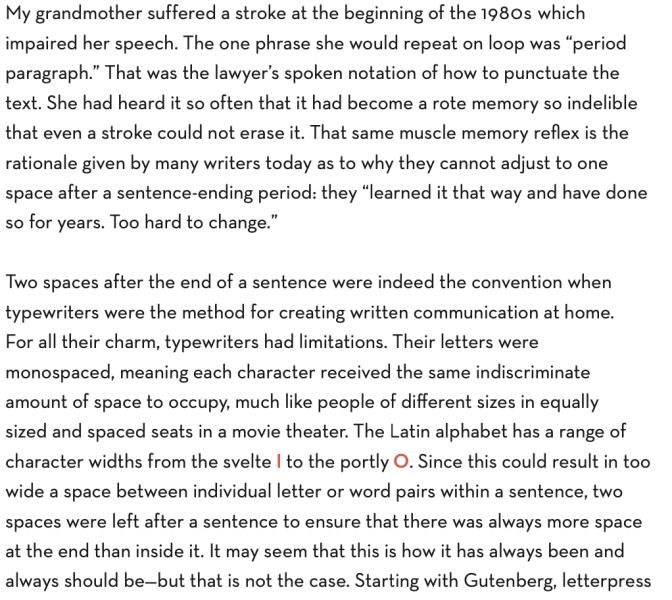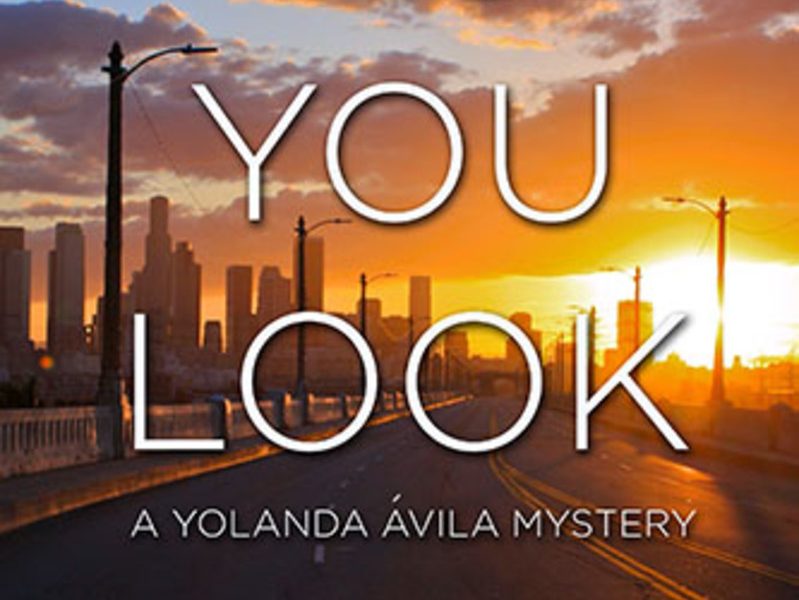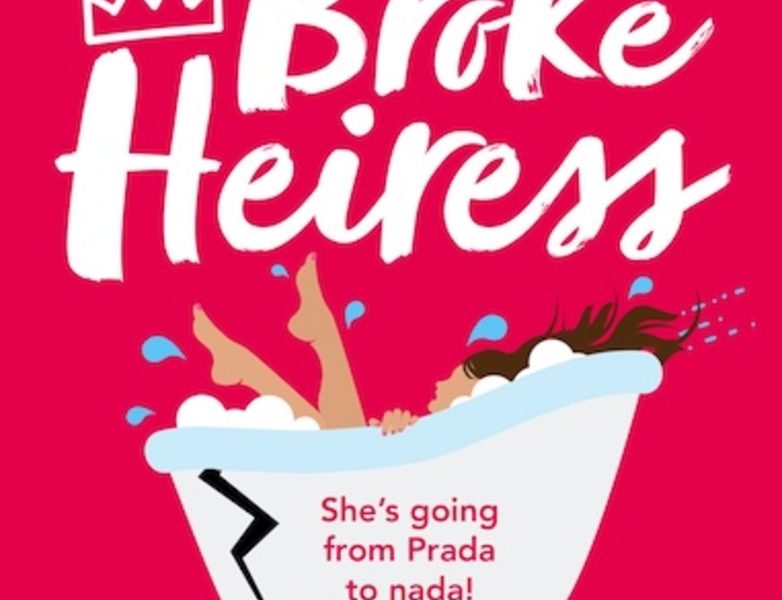Write Better Fiction / 115 posts found
4 Tips on How To Begin a Novel
You’ve got an idea for a novel, I know you do. Maybe you talk about it all the time, maybe you just silently obsess over it, afraid to spoil the beautiful notion by writing it down. I understand—I’ve done the same thing myself. (Diana Abu-Jaber: On Unearthing Family History) Maybe some ideas are just too pretty to be written. But in a world filled with gatekeepers and critics, I humbly suggest we try not to stand in our own way. Here are some pointers to help you move from dreaming to writing. 1. Mise En Place Cooks know there’s something […]
Writing Mistakes Writers Make: Rushing the Editing Process
Everyone makes mistakes—even writers—but that’s OK because each mistake is a great learning opportunity. The Writer’s Digest team has witnessed many mistakes over the years, so we started this series to help identify them early in the process. Note: The mistakes in this series aren’t focused on grammar rules, though we offer help in that area as well. (Grammar rules for writers.) Rather, we’re looking at bigger picture mistakes and mishaps, including the error of using too much exposition, neglecting research, or researching too much. This week’s writing mistake writers make is rushing the editing process. Writing Mistakes Writers Make: […]
How (And Why) To Write About Food in Fiction
Whoever first said “You are what you eat” probably didn’t mean it as writing advice, but that’s how I take it. What you eat doesn’t just literally keep you alive, it can say so much about who you are, where you’re from, and more. (Amanda Elliot: On Food and Romance in Fiction) In my new book Sadie on a Plate, a romantic comedy following a young chef on a Top Chef-like cooking show, I made spreadsheets to keep track of what every character was cooking for each challenge, because each dish was meant to tell the reader something about the […]
How To Write a Character Driven by an Obsession
When setting out to write a piece of fiction, it’s likely you’ve been told to give your protagonist a singular desire. While this is good advice, I would urge you to take it a step further—what happens when your protagonist’s perhaps modest desire becomes an all-consuming obsession? (Caitlin Barasch: On Curating Our Own Personal Stories) My debut novel, aptly titled A Novel Obsession, is about an aspiring novelist named Naomi who becomes obsessed with her boyfriend’s ex, Rosemary. The more Naomi learns about Rosemary, the more her curiosity consumes her, and before she knows it, her obsessive internet stalking morphs […]
(Almost) Everything I Know About Writing Fiction I Learned From the Newspapers
The former Washington Post publisher Phil Graham once said that journalism is the “first rough draft of history,” and anyone who’s delved into newspaper archives in their local library knows this to be true. But perhaps journalism—and community journalism, in particular—has the potential to be a “first rough draft” of fiction. (4 Tips for Writing About Guilt in Fiction) When someone says “you can’t make this stuff up,” it’s because the strangest stuff is oftentimes true. Where else, but in the May 22, 1990, edition of the Lodi (Ca.) News-Sentinel, can you read about the fate of the Lady Flames […]
The Rise of Closed-Door Romance
It’s almost ironic to talk about Closed-Door Romance on the heels of the second season drop of Netflix’s widely popular Bridgerton. In book and film form, Julia Quinn’s blockbuster series espouses romance for both the mental and physical senses. Heavy on the physical, if one engages between the pages of her familial threaded story and more viscerally pronounced on screen in moments of heightened passion. (3 Tips on How to Spark Romance in a Character Who Is Content With Being Single) Indeed, from the earliest iterations of romance from its peek-a-boo French Flaps highlighting a couple embracing to the shirtless […]
Typography Since the Typewriter
(Editor’s Note: Please enjoy this piece from Michael Arndt on typography since the typewriter. Understandably, Arndt is a little particular in how the fonts in this piece should display. However, our web platform, much like the typewriters mentioned in this piece, is a little limited in font options, so we’ve made images of his piece to retain style and formatting.) Learn more about Michael Arndt’s Snails & Monkey Tails: A Visual Guide to Punctuation & Symbols IndieBound | Amazon (Writer’s Digest uses affiliate links.) ***** No matter what type of writing you do, mastering the fundamentals of grammar and mechanics […]
4 Tips for Writing About Guilt in Fiction
We’ve all felt it. Many of us have lived with it and some of us can’t live without it: Guilt, the gift that keeps on giving. But can it give us a good story? It can—if it forms the basis of a character’s actions, if it’s authentic, if it isn’t tied up in a pretty bow, and if it has consequences. (How To Bring Humor To Tough Topics) Tip #1: Make guilt the basis of a character’s actions. In her book, Story Genius, Lisa Cron examines the psychology of what pulls us into a story. One of these elements is […]
8 Tips To Make an Unlikable Character Likable
Characters that readers root for are the backbone of every story. Striking a balance between likable and unlikable is essential, and the best characters are multi-layered. We humans are complex beings, so adding layers of complexity is vital to get the best out of your characters and make them intriguing for readers. (For Better or Worse: Writing About Influence in Fiction) When writing or when creating the background of your characters, ask yourself, “What drives them? Why do they act the way they do? What’s their ultimate goal?” Look at their positive character traits, but also their faults too. The […]

